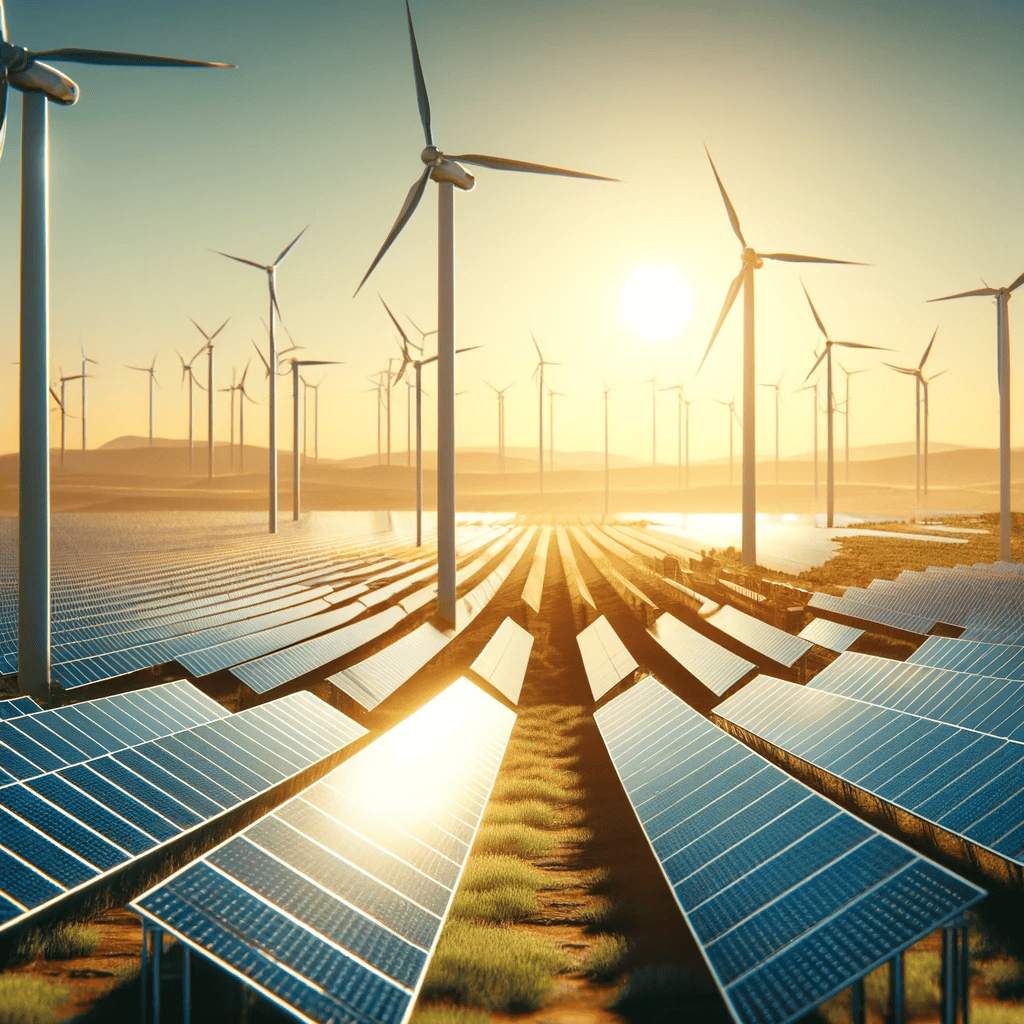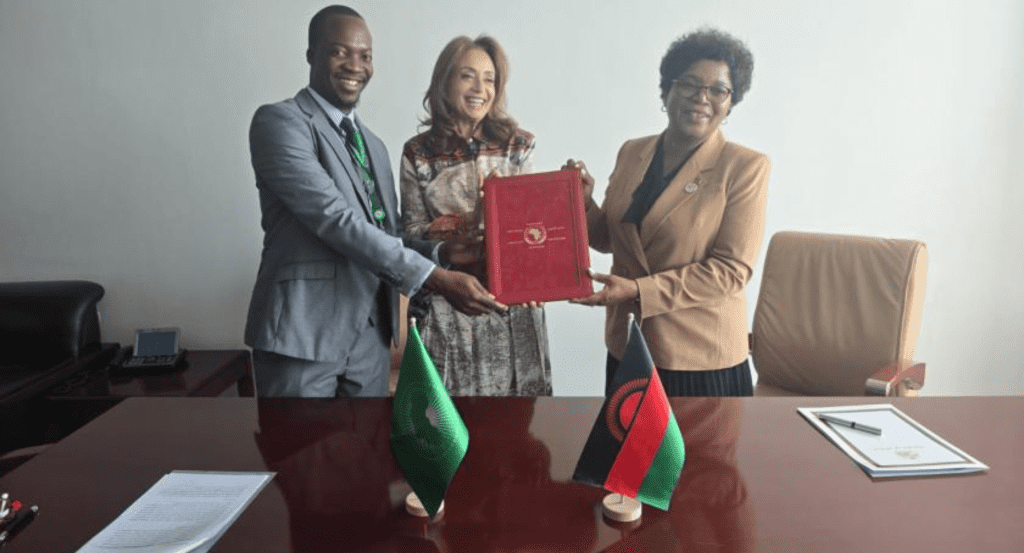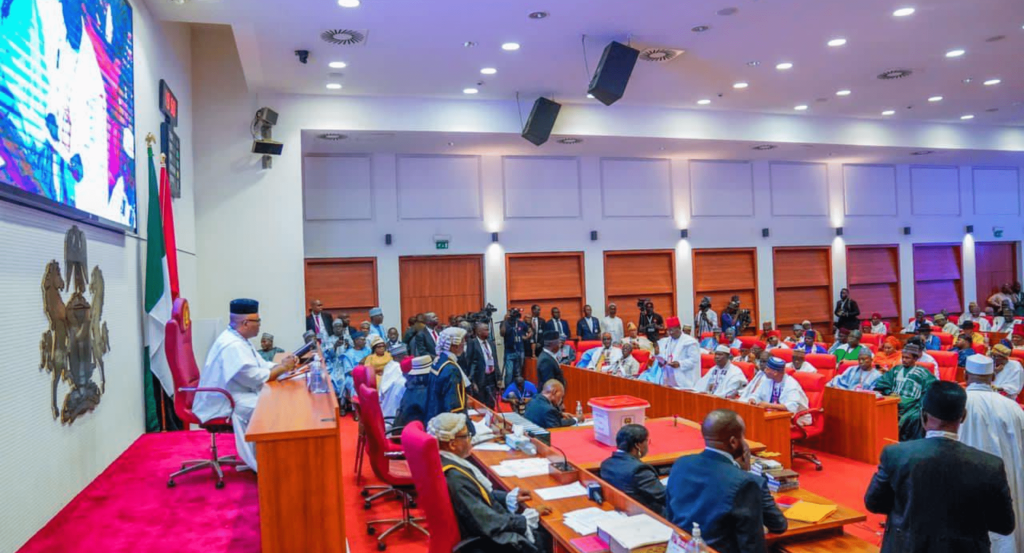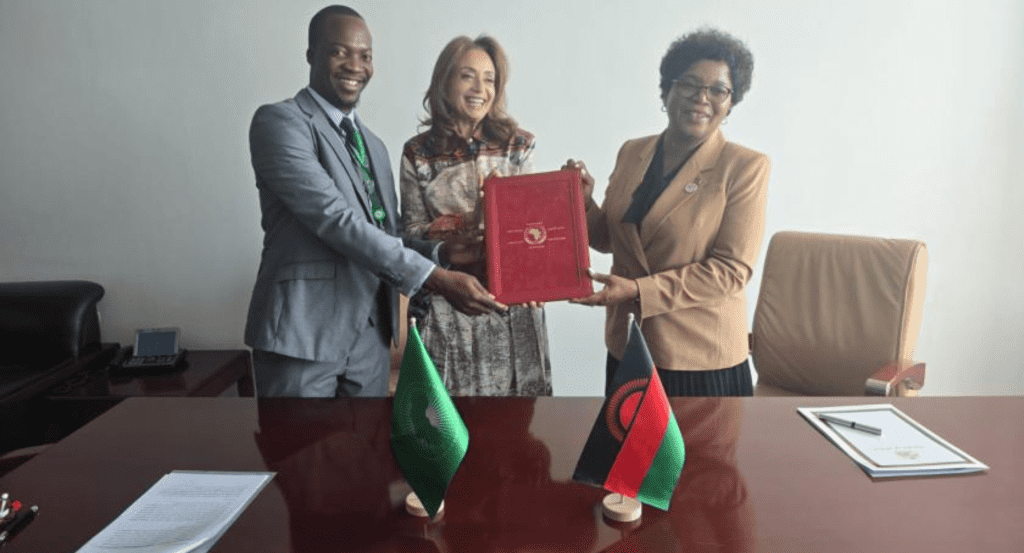Engineers and policymakers across West Africa are increasingly looking to Ghana as a beacon of renewable energy development. As the country grapples with growing energy demands and the need for sustainable development, Ghana has embarked on an ambitious journey to harness its abundant renewable resources. This shift not only promises to transform Ghana’s energy landscape but also positions the country as a potential leader in West Africa’s transition to clean energy.
Historical Context and Energy Landscape
Ghana’s energy sector has traditionally relied heavily on hydroelectric power, thermal plants, and fossil fuels. Key milestones include:
- 1965: Completion of the Akosombo Dam, providing hydroelectric power
- 1990s-2000s: Increasing reliance on thermal power plants due to growing demand and periodic droughts
- 2011: Discovery of offshore oil, leading to increased domestic production
However, challenges such as unreliable supply, high costs, and environmental concerns have pushed Ghana towards diversifying its energy mix with renewables.
Current State of Ghana’s Renewable Energy Sector
Ghana’s renewable energy landscape is characterized by:
- Policy Framework: Renewable Energy Act of 2011 setting targets for renewable energy contribution
- Diverse Resources: Potential in solar, wind, biomass, and small hydro
- Growing Investment: Increasing domestic and foreign investment in renewable projects
- Off-grid Solutions: Emphasis on renewable-based mini-grids for rural electrification
- Regional Leadership: Ghana’s position as one of West Africa’s renewable energy pioneers
Key Renewable Energy Sources in Ghana
- Solar Energy:
- Abundant solar resources with average irradiation of 4-6 kWh/m²/day
- Both utility-scale solar farms and distributed rooftop systems
- Notable projects include the 20 MW Winneba Solar Park
- Wind Energy:
- Potential along the coastal areas, particularly in the eastern region
- Ongoing development of wind farms, including the 225 MW Ayitepa Wind Farm
- Biomass and Waste-to-Energy:
- Significant potential from agricultural residues and municipal waste
- Projects like the Safi Sana waste-to-energy plant in Accra
- Small Hydro:
- Potential for small and micro hydropower projects on rivers and streams
- Complementing existing large-scale hydroelectric infrastructure
Government Initiatives and Policy Framework
Ghana’s government has implemented several policies to promote renewable energy:
- Renewable Energy Act (2011): Set a target of 10% renewable energy in the national energy mix by 2020
- Feed-in-Tariff Scheme: Guaranteeing fixed payments for renewable energy fed into the grid
- Net Metering: Allowing consumers to sell excess power from their renewable systems back to the grid
- Renewable Energy Master Plan: Comprehensive strategy for scaling up renewable energy deployment
- Ghana Energy Development and Access Project (GEDAP): Focusing on improving energy access in rural areas
Challenges in Ghana’s Renewable Energy Sector
Despite progress, the sector faces several challenges:
- Grid Infrastructure: Need for grid modernization to accommodate variable renewable energy
- Financing: High upfront costs and limited access to affordable financing
- Technical Capacity: Shortage of skilled personnel for installation and maintenance
- Land Acquisition: Difficulties in securing land for large-scale renewable projects
- Policy Implementation: Gaps between policy formulation and effective implementation
- Public Awareness: Limited understanding of renewable energy benefits among the general population
Innovations and Technological Advancements
Ghana’s renewable energy sector is witnessing several innovative developments:
- Solar Kiosks: Deployment of solar-powered kiosks for rural electrification and entrepreneurship
- Pay-as-you-go Solar: Implementation of mobile money-enabled solar home systems
- Hybrid Systems: Integration of different renewable sources (e.g., solar-wind hybrids) for improved reliability
- Smart Grids: Pilot projects for smart grid technologies to enhance renewable integration
- Energy Storage: Exploration of various storage solutions, including battery systems and pumped hydro storage
The Role of International Cooperation
International partnerships have played a crucial role in Ghana’s renewable energy development:
- World Bank Support: Financing for various renewable energy and energy efficiency projects
- German Cooperation (GIZ): Technical assistance for renewable energy and energy efficiency initiatives
- China-Ghana Cooperation: Support for solar and other renewable energy projects
- IRENA Partnership: Collaboration with the International Renewable Energy Agency for policy development
- Power Africa Initiative: U.S. government-led initiative supporting power sector development
Case Study: Nzema Solar Power Station
The Nzema Solar Power Station project exemplifies Ghana’s ambitions in large-scale solar:
- Planned 155 MW capacity, one of the largest in Africa when proposed
- Implementation challenges highlighting the complexities of large-scale renewable projects in Ghana
- Lessons learned informing future project planning and policy decisions
This case study illustrates both the potential and the challenges in Ghana’s renewable energy landscape.
Socio-Economic Impact of Renewable Energy
The growth of renewable energy in Ghana has far-reaching socio-economic implications:
- Job Creation: Employment opportunities in installation, maintenance, and manufacturing
- Energy Access: Improved electricity access in rural and peri-urban areas
- Economic Diversification: Development of a new industry sector
- Environmental Benefits: Reduction in greenhouse gas emissions and local air pollution
- Energy Security: Reduced dependence on imported fuels
- Education and Health: Improved services through reliable power supply to schools and health centers
The Role of the Private Sector
Private sector involvement has been crucial in driving Ghana’s renewable energy growth:
- Independent Power Producers (IPPs): Development of utility-scale renewable projects
- Local SMEs: Emergence of companies specializing in solar installation and maintenance
- International Companies: Entry of global renewable energy firms into the Ghanaian market
- Public-Private Partnerships: Collaboration between government and private entities on large projects
- Innovation Hubs: Establishment of clean energy innovation centers and incubators
Future Outlook and Opportunities
As Ghana’s renewable energy sector evolves, several opportunities and trends are emerging:
- Green Hydrogen: Potential for using renewable energy to produce green hydrogen
- Regional Power Export: Positioning Ghana as a clean energy exporter in the West African Power Pool
- Local Manufacturing: Development of local manufacturing capabilities for renewable energy components
- Renewable-Powered Mining: Integration of renewables in Ghana’s mining sector
- Electric Mobility: Synergies between renewable energy and the emerging electric vehicle sector
- Circular Economy: Opportunities in recycling and sustainable management of renewable energy equipment
Conclusion
Ghana’s journey in renewable energy development represents a microcosm of the opportunities and challenges facing many African nations in their transition to clean energy. The country’s commitment to renewable energy, evidenced by its policy frameworks and growing project pipeline, positions it as a potential leader in West Africa’s green energy revolution.
As Ghana navigates the complexities of this transition, several factors will be critical to its success:
- Continued policy support and effective implementation
- Increased investment in grid infrastructure and energy storage
- Capacity building and skills development
- Fostering innovation and local entrepreneurship
- Strengthening regional cooperation in the energy sector
The path forward for Ghana’s renewable energy sector is not without obstacles, but the potential rewards are substantial. By successfully harnessing its renewable resources, Ghana can not only meet its growing energy needs sustainably but also create a model for clean energy development across Africa.
As the world grapples with the urgent need to address climate change, Ghana’s progress in renewable energy offers a beacon of hope. It demonstrates that with the right mix of policy, investment, and innovation, African nations can leapfrog traditional energy development pathways and build resilient, sustainable energy systems for the future.
The story of renewable energy in Ghana is more than just about kilowatts and cables; it’s about a nation reimagining its energy future, empowering its people, and contributing to the global fight against climate change. As Ghana continues to write this story, it may well find itself at the forefront of Africa’s green energy revolution.



























